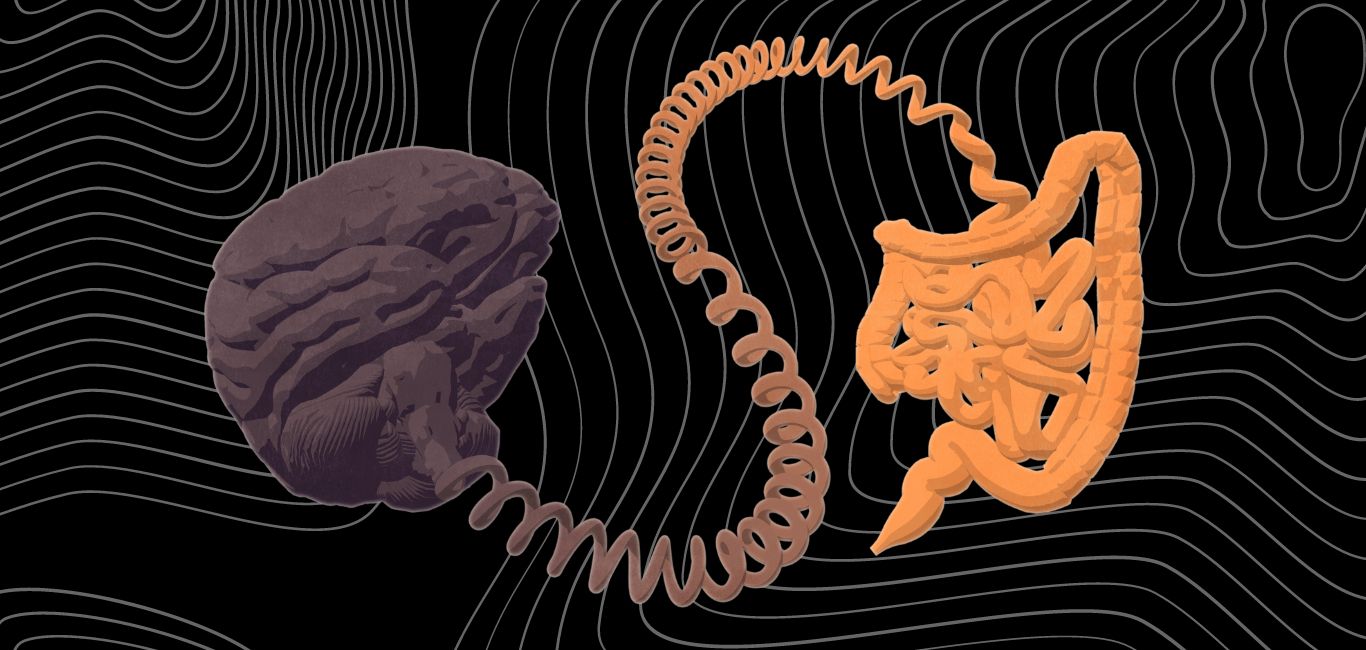
New research has found that depression may be linked with changes in the expression of genes caused by stress or other adverse events. The finding raises hope for developing new treatments for the mental health condition that affects 5 per cent of adults globally.
The theory linking depression with stress has gained wings after researchers at the Max Plank Institute of Psychiatry in Munich, Germany, published a paper in April 2022 theorising a model where genetic, environmental factors, and the interaction between them drive these epigenetic mechanisms leading to depression.
Epigenetics is the study of how behaviour and environment can change the way genes are expressed, without changing the sequence of DNA.
“…underlying genetic and environmental factors, and interactions between the two, drive aberrant epigenetic mechanisms targeting stress response pathways, neuronal plasticity, and other behaviorally relevant pathways that have been implicated in MDD,” the researchers wrote.
The new theory goes against previous studies that linked depression with genes passed on from parents to offspring.
More recent studies suggest depression is not only a heritable disorder, but various disease-causing loci are present in organisms that are triggered by environmental factors to induce depression.
“Depression caused by secondary triggers like environmental events differs among individuals. Major life events such as divorce, loss of a loved one, or job discontinuation can have an impact on depression,” says Dr M Alper, specialist in psychiatry medicine, Ankara City Hospital in Turkey.
60% cases due to non-genetic causes
While earlier studies may not be completely wrong, some showing that 40 per cent of major depressive disorder (MDD) sufferers inherit the condition from their parents, the figure for genetic link for depression is far lower than with other conditions such as schizophrenia, bipolar disorder, and attention-deficit hyperactivity disorder (ADHD).
“Approximately 40 per cent of the risk for MDD is genetic, the other 60 per cent of liability is due to environmental factors,” says Maria Francesca Giuliani, a pharmacist specialising in epigenetics and nutraceuticals based in Switzerland.
The German scientists were building on work done by researchers from University of Edinburgh, who in 2019 published an analysis of genetic data from over 800,000 individuals diagnosed with depression. They found 102 genetic variants, 269 genes, and 15 gene sets associated with depression. These were found to be associated with the parts of the brain whose function is related to attention, memory, mood, and motivation.
Other researchers have found changes in DNA methylation – a process in which methyl groups are added to DNA molecules changing the activity of a gene – in the prefrontal cortex and T cells of rhesus macaques that suffered from adversity in their early-life.
However, researchers believe that a lot of study still needs to be done and across larger cohorts. This is necessary for the correct identification of genes as well as for developing reliable and dependable treatments for depression using this epigenetic understanding.
Also Read: Hiding depression may make it worse. Here’s why early diagnosis is key
Further, these studies will need to map an individual’s exposure to stressful environmental conditions, including the type, timing, and rigour, to understand the changes in gene expression causing depression.
“The main bottleneck of clinical trials is patient homogenisation. Clinical trials, particularly Phase 3, need thousands of patient enrolments. Enrolling a subtype of the disorder can be challenging but the results will be precise,” says Dr Alper.


















One Response
Very nice study and valuable and will be more focused on the personal life and strengths